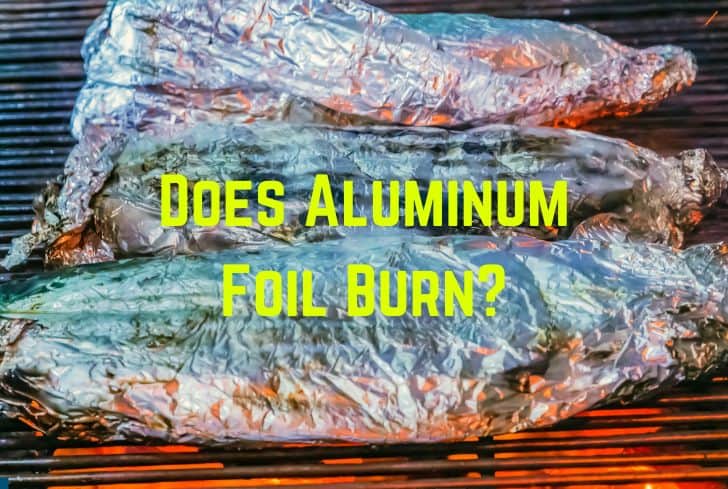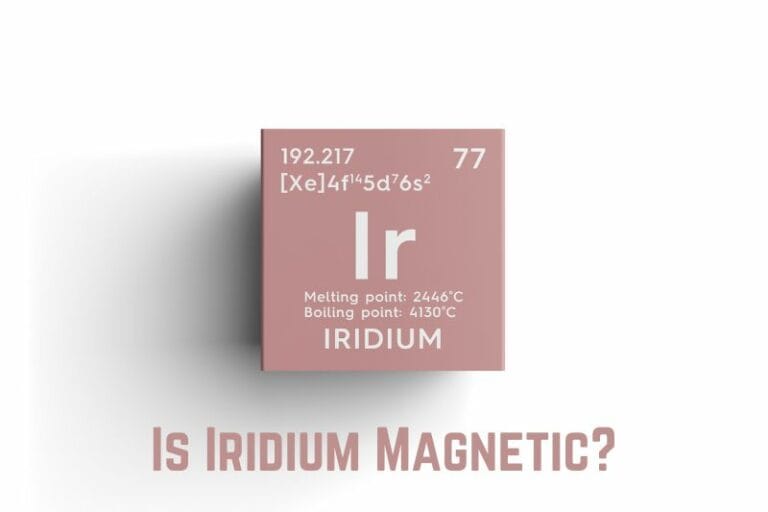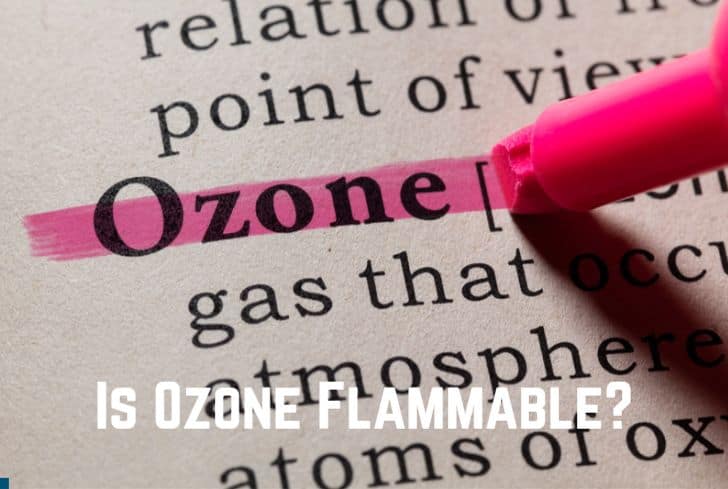Does Salt Absorb Water? (Yes. It Does)
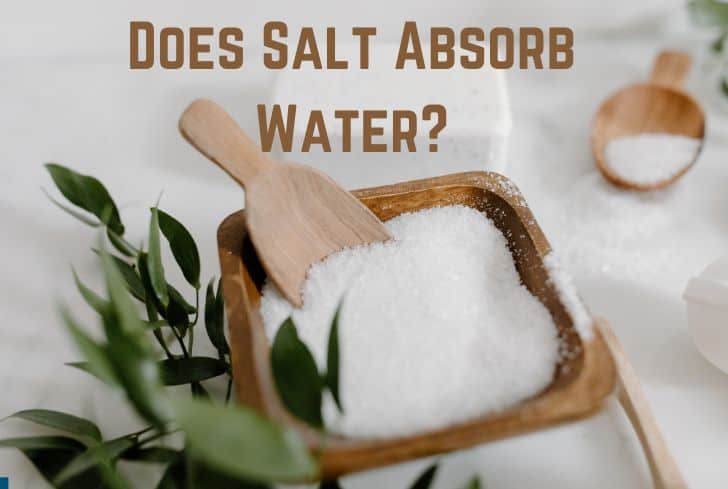
Salt has long been used for various purposes around the house, specifically in the kitchen. It is commonly used to preserve food and flavor it. However, you may have heard of people having some uncommon uses for salt like drying up their water-damaged electronics and dehumidifying the air.
Hence comes the question – does salt really absorb water? If you want to know more about this phenomenon and are interested in how salt reacts with other substances as well, then continue reading this article.
Read: Does Snow Absorb Sound?
Does Salt Absorb Water?
Salt strongly absorbs water and humidity from its surroundings. It can even turn into a complete solution if the relative humidity around it is above 75%. This happens because water and salt are polar in nature, hence, they have a strong attraction force between them allowing the salt to absorb the water.
Both salt and water are polar in nature, meaning that they have negative and positive charges inside the molecule. This polarity gives them a quite strong attraction force, making salt absorb water from its surroundings.
In fact, some experienced cooks advise not to season your food with salt before cooking it for a long time, as salt can dry out and toughen food. Due to being a hygroscopic substance, salt can absorb the moisture out of your food and affect its quality.
To prevent salt from absorbing moisture and turning into a solution, commercial manufacturers usually add calcium carbonate to table salt to boost its shelf life.
Do All Salts Absorb the Same Amount of Water?
Salt has a strong propensity to absorb water from its surroundings, mostly due to its hydrophobic qualities and negative and positive electrical charges. Since salt is made up of both negative and positive charges, the opposite charge of water is drawn to it. Hence, not all salts absorb the same quantity of water. This sum depends on a variety of elements.
The level of absorption of salt depends on three factors – its chemical structure, the way they react with water, and the polarizing capacity of its basic and acidic components. The property of the salt absorbing moisture from the air and turning into liquid itself is called deliquescence.
Different types of salt absorb separate amounts of water. The salts that can absorb water from their surroundings are called delicates. They often form their own solution with the humidity that they absorb. Some salts that can be called delicates are calcium chloride, sodium nitrate, and potassium oxide.
Epsom salt, scientifically known as Magnesium Sulfate, is a good absorber of moisture from the environment and can also be used as a desiccant (substance for keeping the surroundings dry) in its dry form. It is also used to cure body aches, in cosmetic products, and for cleansing baths.
Another salt that can absorb moisture from the air is rock salt. A lot of people also keep a chunk around the house to act as a dehumidifier. In fact, it is the best of its kind as it can hold moisture and works very effectively on rainy days.
How Can Salt Absorb Water If It Can Be Dissolved In It?
With enough water, salt dissolves. Salt forms bonds with water to make a hydrate structure in case the water amount is not greater than the amount of salt, but if the water amount is greater than the salt amount, the salt will dissolve and create a salt solution. Since the covalent bonds in water are more powerful than the ionic bonds in salt molecules, when salt is combined with water, the salt dissolves.
How well the salt absorbs water all depends on their relative quantities. Since both of these substances have contrasting properties, one will absorb the other if it is greater in quantity.
Since the process of dissolving salt in water is reversible, the salt will come back again as residue after the water evaporates.
The temperature the two are in also affects how the two will react with each other. If the water you pour salt in is boiling or hot, then it will immediately dehydrate and absorb the salt.
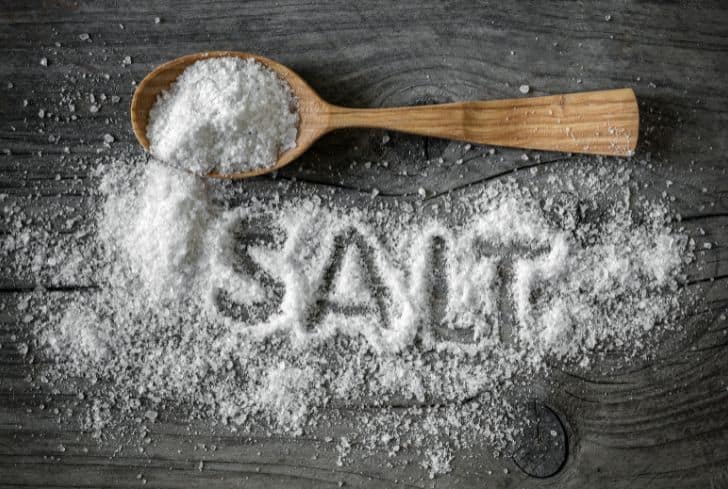
Does Rock Salt Absorb Moisture?
Rock salt is a type of natural salt that can draw moisture out of the air and act as a moisture-holding material to dry up the air around it. It is a dehumidifier that is widely used because with about 75% moisture content, salt begins to deliquesce, which indicates it has absorbed too much water from the air to turn into a solution.
Rock salts can be used to dry up the environment because they are effective in both natural and purified forms. The best option to eliminate humidity in your home is undoubtedly rock salt. Simply purchase 50–60 pounds of salt chloride, and you will see the dampness around evaporate like a miracle.
Read: Does Wood Absorb or Reflect Sound?
It works very well for rainy days as it is good at pulling moisture out of the air and decreasing humidity. Rock salt (NaCl) is hygroscopic by nature, so it both stores and soaks up water better than a mechanical humidifier. It is also the cheaper and more natural way to keep your house fresh. Additionally, you can also save up on electricity as it can function without it.
How To Make A DIY Humidifier At Home?
You will need the following materials:
- A bag of rock salt
- 2 five-gallon buckets
Step 1: Make a few dozen holes in the sides and bottom of a bucket using a drill.
Step 2: Put this bucket inside the other one that is still whole and undrilled and then add rock salt to the bucket at the top.
Step 3: Put the buckets in the area that has to be dried out.
Step 4: Wait and let water vapor gather in the bottom bucket as the rock salt draws it out of the atmosphere.
When the rock salt deliquesces completely, you can replace it with more salt and continue to dehumidify the area as needed.
Does Calcium Chloride Absorb Moisture?
One of the most efficient moisture absorbers is calcium chloride. It can even absorb water molecules twice as heavy in case the temperature circumstances are right. It is great for absorbing moisture, and additionally, has particular hygroscopic qualities that allow it to be effective at absorbing humidity from the atmosphere.
When the relative humidity rises, calcium chloride’s absorption property increases. Calcium chloride prevents moisture from escaping or evaporating out into the atmosphere by locking it inside a chamber. What is great about this water-absorbing salt is that it is also environmentally friendly.
If the air is sufficiently humid and the temperature is high enough, it can draw in water that is several times its own weight and dissolve into a liquid brine. More moisture is absorbed by calcium chloride desiccant when the relative humidity (RH) of the air is higher, and in contrast to other desiccants like silica gel and clay, its absorption accelerates exponentially as RH increases.
Does Epsom Salt Absorb Moisture?
Magnesium sulfate, usually referred to as Epsom salt, is a potent moisture absorber and can even be used as a desiccant when it is in its anhydrous state. A desiccant is something that can take in moisture and keep things dry. The most common form of this salt is hydrated. As a result of its adequate ability to hold moisture, Epsom salt is also utilized in cosmetics.
Epsom salt is a versatile ingredient and due to its moisture-absorbing qualities, it is also used for making beauty products as it keeps the formula dry. It has also been used in the treatment of its minerals. Some other purposes of this salt are as follows.
- It is used for bathing
- It is used to cure wounds
- Epsom salt can cure muscle and body pain
- You can even use Epsom salt as a humidifier
Does Salt Absorb Oil?
Since oils are non-polar solvents and salts only dissolve in polar solvents like water, there is no direct interaction between salts and oil. If you were to add salt to oil, it would sink to the bottom and not dissolve. However, if the oil was mixed in with water, it would separate the two and cause the oil to float on top.
Oil is often sprinkled with salt in order to flavor food as well. It is often added when oil is heated in order to use its functions as a catalyst and speed up oxidation when food is fried.
Read: Does Concrete or Cement Absorb Water?
Although salt does not react with oil since it is a nonpolar substance, it can make the oil degrade prematurely and form polar compounds. Hence, it will allow your food to absorb more oil.
When salt is added to unmoving oil, it can also operate as an impurity by lowering the smoke point, which causes oil to age faster and lose its effectiveness. It is ideal to avoid adding salt before frying in order to prevent oil degradation.
Final Thoughts
Salt and water are two contrasting forces that are opposite in nature, which is why the one in abundance will eventually overpower the other. We hope that this article has helped you understand the nature of salt better and solve any queries you may have had about its absorption qualities.



